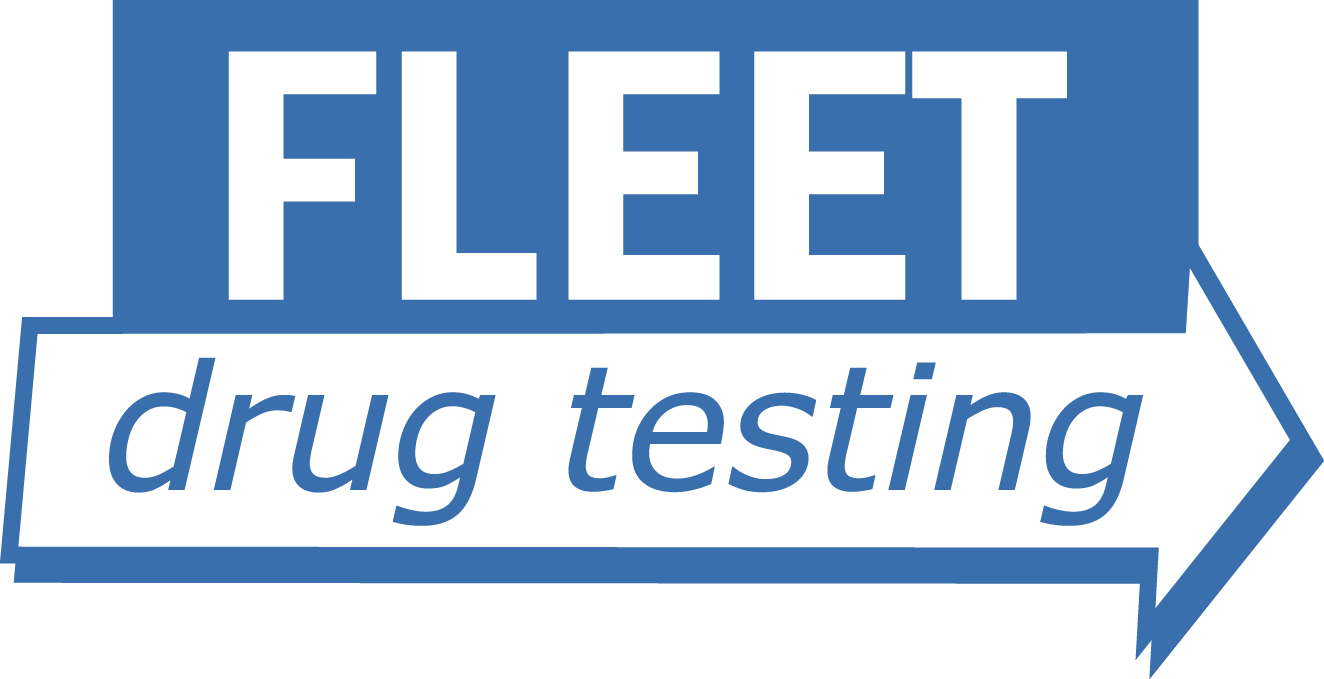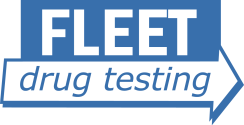When you work for a company that requires drug testing, it can be a somewhat stressful experience. But as an employer, developing a drug testing policy and procedure for your company can ensure a safe, drug-free workplace. Long-term, this can increase trust from the public and provide employees with the knowledge that drug use won’t be tolerated.
While there are certain benefits to having a drug testing policy, it’s important for employers to develop a drug testing policy that is clear and consistent, and that balances the need for a safe work environment with respect for employee privacy and legal requirements. To that end, you, as an employer, need to follow the drug testing process carefully and accurately to ensure the integrity of the testing program and to protect the rights of your employees.
Contact Fleet Drug Testing Today To Get Started
At Fleet Drug Testing, we are proud to give our clients what they need to keep their businesses running. This includes developing and implementing a drug testing policy. Our team of experienced professionals uses state-of-the-art technology to deliver accurate and timely results, and we are committed to providing exceptional customer service to all of our clients. Contact us today to learn more about our services and how we can help you develop a drug testing program that meets your specific needs.
Does My Company Need a Drug Testing Policy?
As an employer, instituting a drug policy can be an effective way to promote a safe and productive work environment. A drug policy can help prevent drug-related accidents and incidents, improve workplace productivity, and protect your company’s reputation. However, whether or not to institute a drug policy depends on a variety of factors, including
- Industry – Companies in certain industries, such as transportation, healthcare, and law enforcement, may be required by law to conduct drug testing to comply with safety regulations.
- Safety requirements – If your employees operate heavy machinery, work with hazardous materials, or perform safety-sensitive tasks, drug testing may be necessary to ensure a safe work environment.
- Company culture – If drug use is common or suspected to be a problem in your workplace, a drug testing policy may be a necessary step for you to address the issue.
- Legal regulations – Some states have specific laws related to drug testing in the workplace, such as requirements for consent, confidentiality, and testing procedures.
- Company size – Larger companies may be more likely to implement drug testing policies due to the increased risks associated with a larger workforce.
Ultimately, the decision to implement a drug testing policy should be based on a thorough assessment of your company’s specific needs and risks and should be developed in consultation with experts to make sure the results are accurate and reliable.
How Does the Drug Testing Process Work?
If you decide to institute a drug policy, the most important thing you can do is develop a clear and consistent policy that balances the need for a safe work environment with respect for the privacy of your workers. At the same time, a good drug testing process works in a specific way. While specific procedures and regulations may differ depending on the industry you’re in, the drug testing process typically involves the following:
- Sample collection – The first step in drug testing is to collect a sample from the individual being tested. This may involve collecting a sample of urine, blood, hair, saliva, or sweat, depending on the type of drug being tested for and the requirements of the testing organization.
- Sample processing – Once the sample has been collected, it is sent to a laboratory for processing. This may involve various steps, such as preparation of the sample for testing, extraction of drugs or metabolites, and concentration of the sample.
- Laboratory analysis – The laboratory will then use specialized equipment and techniques to test the sample for the presence of drugs or drug metabolites. The specific methods used may vary depending on the type of drug being tested for and the sensitivity of the testing equipment.
- Result reporting – Once the laboratory analysis is complete, the results are typically reported to the organization or individual conducting the drug test. The specific process for reporting results may vary but typically involves providing a positive or negative result for each drug being tested for.
It is important to note that drug testing can sometimes produce false positive or false negative results and that the accuracy of the testing process can be influenced by a number of different factors, from the type and quality of the sample to the caliber of the equipment. Overall, though, you may be required by laws or regulations to have drug testing.
Even if it’s not required, though, you should consider the benefits and drawbacks of having a drug testing policy before you decide to move forward with having one.
What Are the Benefits and Drawbacks of a Drug Testing Policy?
Like any policy decision you make for your company, there are likely benefits and drawbacks to implementing a drug testing policy.
Benefits
- Promotes a drug-free workplace – One of the main benefits of drug testing policies is that they can help promote a drug-free workplace. This can improve safety, reduce accidents, and increase productivity.
- Identifies employees with substance abuse issues – Drug testing can also identify employees who may have substance abuse issues, and prompt them to seek treatment or other forms of assistance.
- Legal protection – As an employer, you may have legal protection against liability claims in the event of an accident or incident caused by an employee who was under the influence of drugs.
Drawbacks
- Costly – Drug testing policies can be expensive to implement, especially if you have a small business.
- Invasive – Drug testing policies can be seen as invasive and may violate an employee’s privacy rights, especially if the testing involves bodily fluids such as urine or blood.
- False results – Drug testing can produce false positive or false negative results, which can be unfair to employees who are falsely accused of drug use or who may be using drugs but go undetected.
- Limited effectiveness – Drug testing policies may not be effective in preventing drug use among employees, as they may simply learn to avoid detection or find other ways to use drugs outside of work.
As an employer, it’s extremely important that you weigh these benefits and drawbacks before implementing a drug testing policy. However, once you do make the decision to put one in place, you need to be sure that you’re following the proper legal requirements and regulations. Ultimately, a drug testing policy is only as good as the reliability of its results.
Reliability and Service From Fleet Drug Testing
When your company decides it needs a solid, reliable drug testing program, look no further than Fleet Drug Testing. Not only can we take care of any drug testing policies and procedures, but we can provide you with guidance from the very beginning of the process. If you are an employer and are considering implementing a drug testing program in your workplace, contact us for a free consultation.

